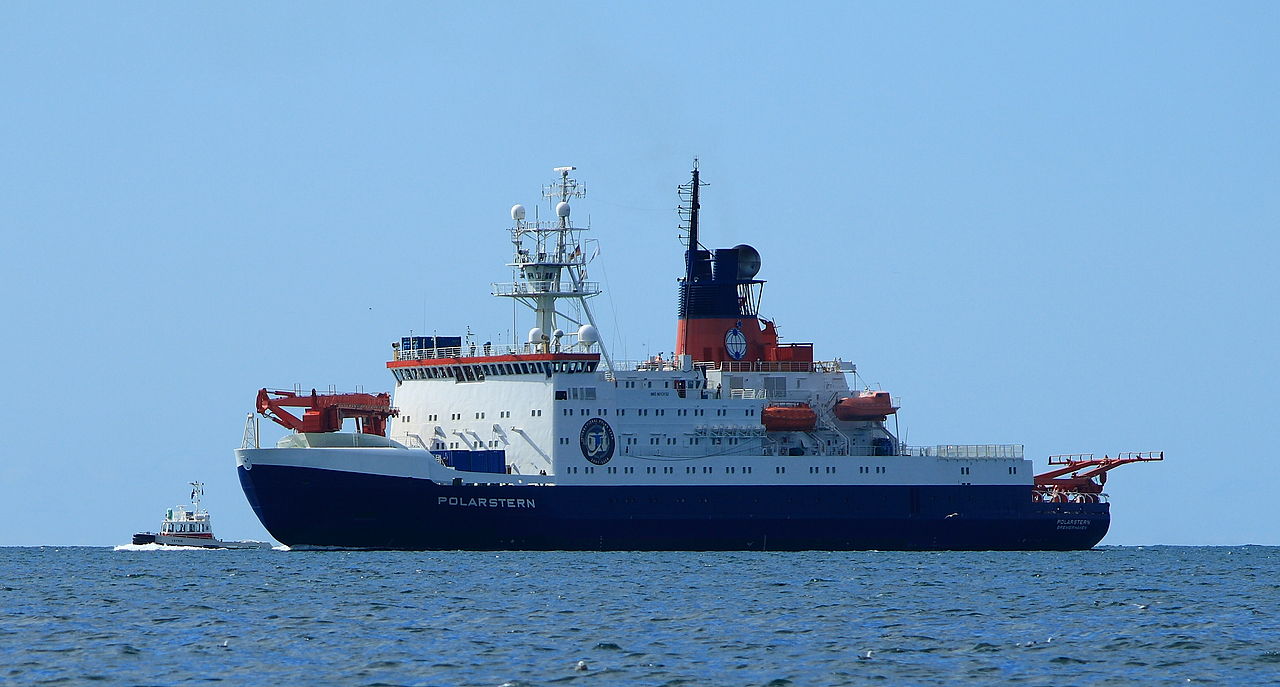
Scientists set out on Arctic expedition facing extreme cold and polar bears. Sci&Tech Editor Ellen Heimpel explains why this is important for climate change research
The German research vessel Polarstern set off on from Tromsø, Norway, on Friday 20th of September for the largest Arctic expedition in history. This ship intends to travel as far north as possible, then lock itself in within a sea ice flow and drift for an entire year. During this time hundreds of scientists from across 19 different countries will visit the ship and use it as a base to conduct Arctic research.
“Hundreds of scientists from across 19 different countries will visit the ship
This €140 million project, the Multidisciplinary drifting Observatory for the Study of Arctic Climate (MOSAiC), aims to take the closest ever look at the Arctic as the epicentre of global warming. It hopes to provide robust data that can be used as the basis for policy decisions regarding climate change mitigation and the sustainable management of Arctic Development.
Between 500-600 scientists will visit and work aboard the vessel over the course of the year. One such scientist is Julienne Stroeve, a professor of polar observation and modelling at UCL. She will visit the ship for two months from the 15th December in order to conduct research on sea ice thickness. Julienne must travel with a Russian ice breaker ship for three whole weeks just to reach the Polarstern vessel. This is made even more difficult because there is also uncertainty about where the ship will be at certain times, making it extra complicated for scientists on their way onboard. In deep winter, vessels will not be able to pierce the ice in order to reach Polarstern and any supplies and relief teams will have to be delivered via aeroplanes and long-range helicopters.
“Scientists on the ship are also at risk from polar bear attacks
Scientists on the ship are also at risk from polar bear attacks. There is a system in place by which anyone leaving the ship for research purposes must be accompanied by someone carrying a rifle, and certain scientists have been trained with night vision goggles in order to keep watch for polar bears from the ship.
The MOSAiC research team highlight the importance of this Arctic research. The Arctic is a key area for global climate change with warming rates occurring twice as fast as other areas in the world. The possibility is strong that the Arctic will become sea ice free within this century, strongly affecting weather and climate events throughout the Northern Hemisphere. These brave scientists are willing to face the coldest winters on Earth and face constant darkness in order to collect valuable information, hopefully providing useful climate change insights.
Comments